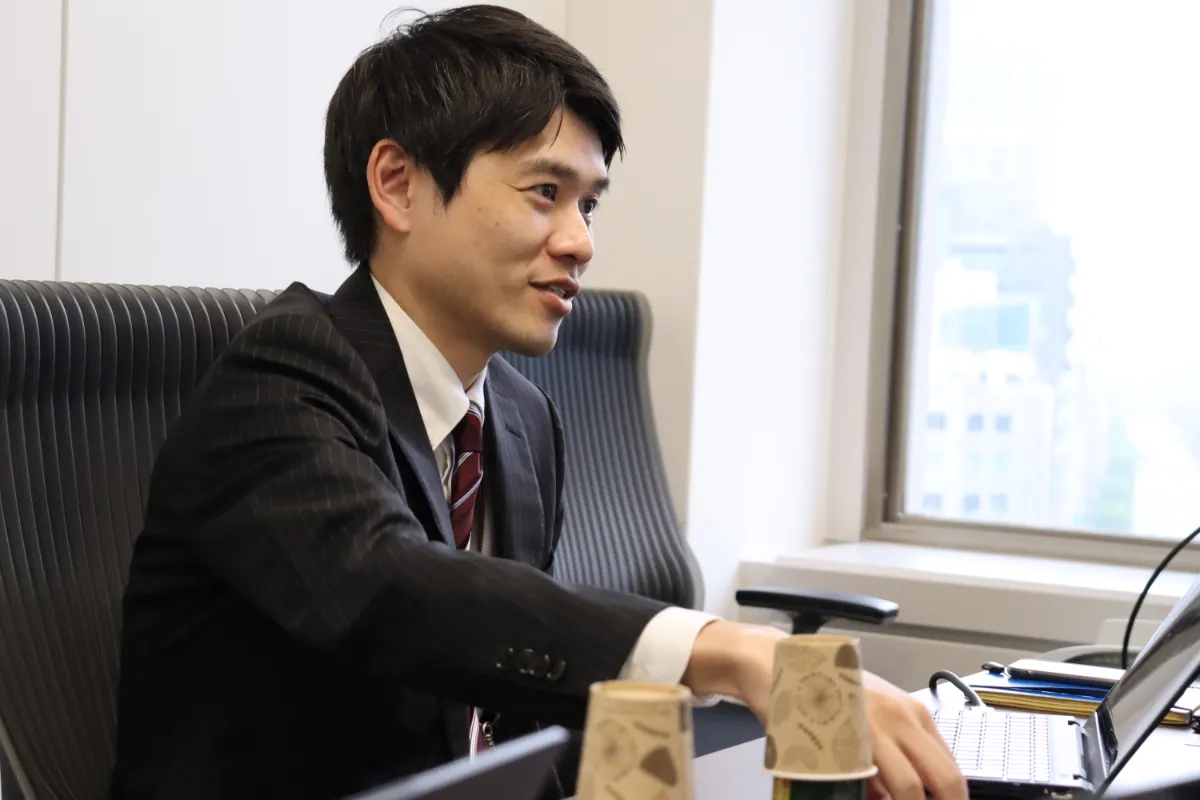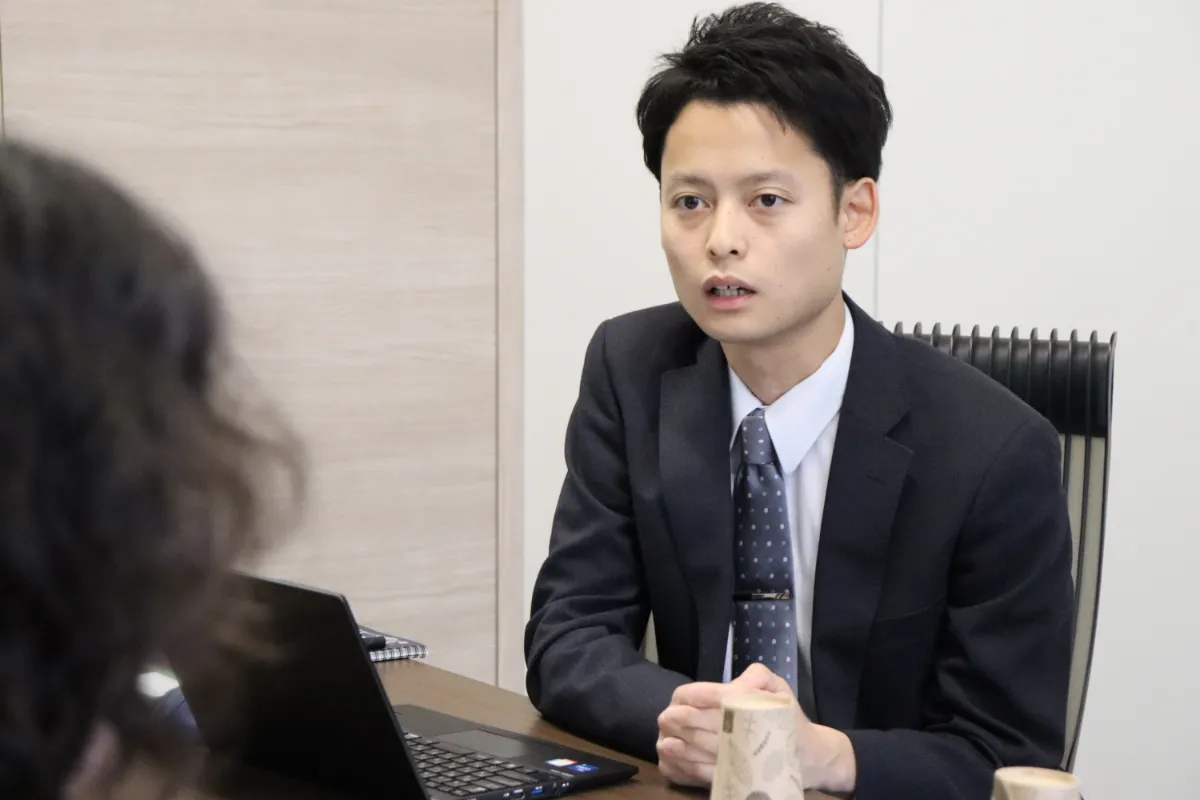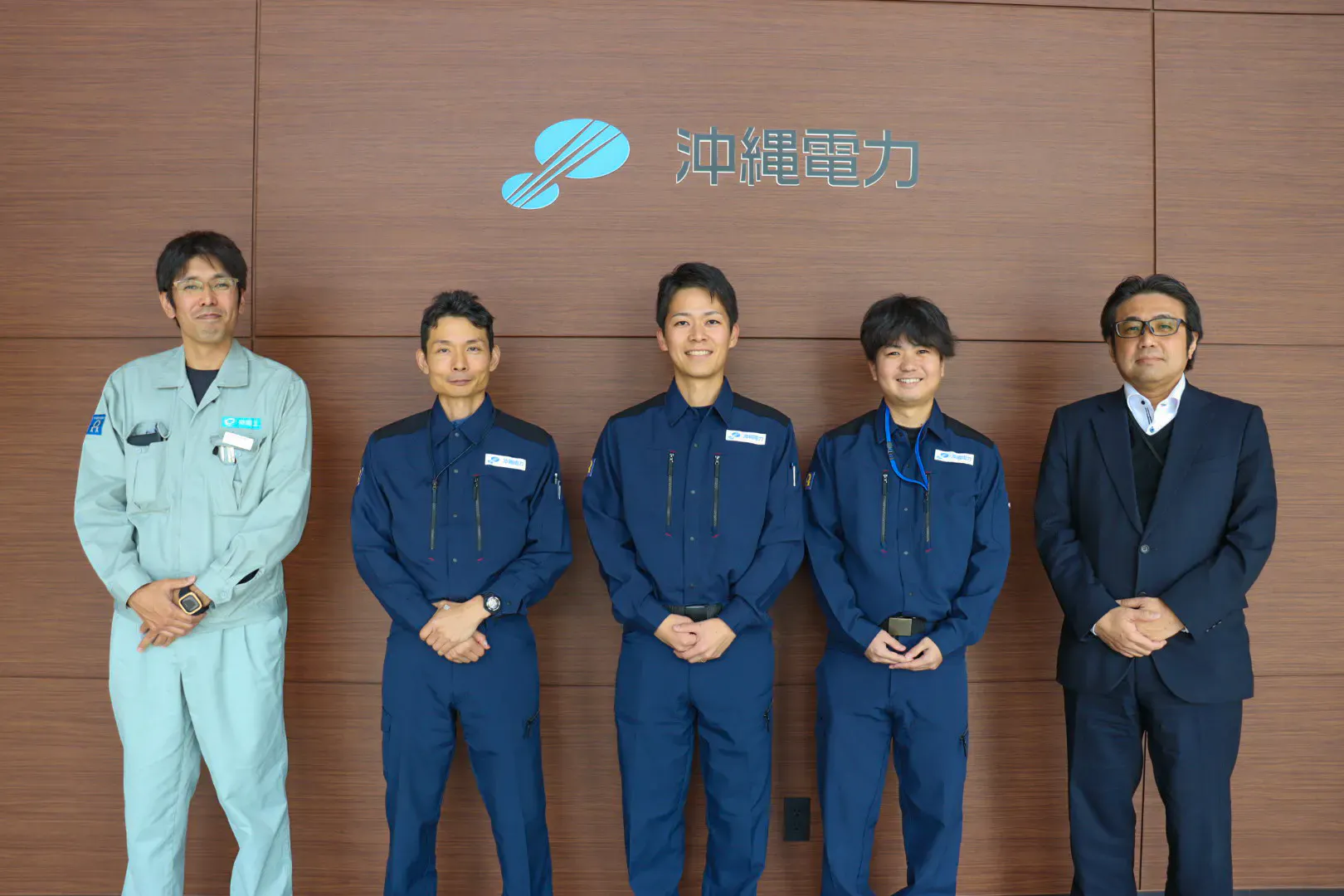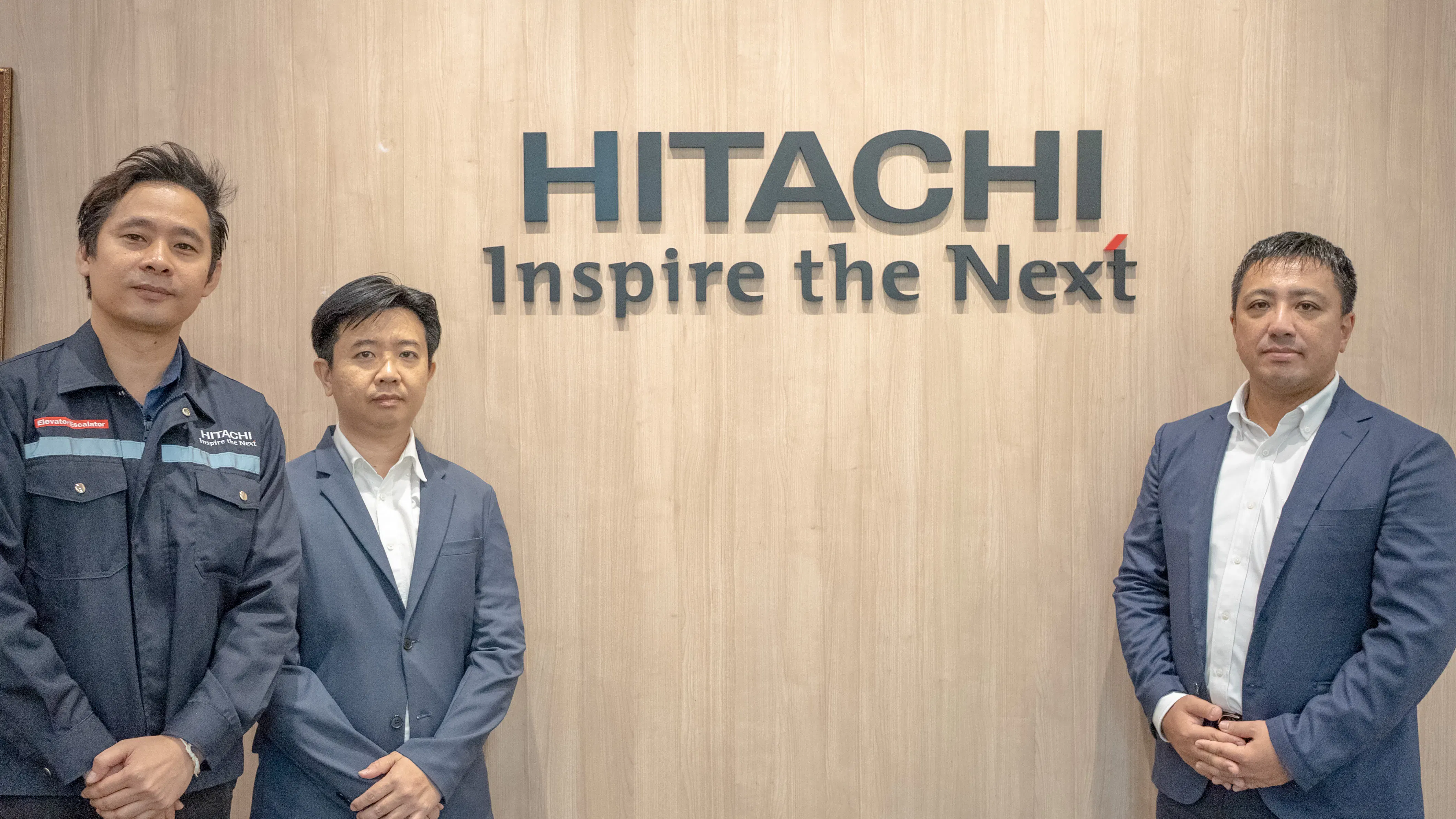Mitsui Fudosan Realty Co., Ltd.


Company Name
Mitsui Fudosan Realty Co., Ltd.
Number of Employees
5,196
Business Activities
Parking lot management, construction management, facility management
Utilization Services
Mitsui Fudosan Realty offers a wide range of solutions to address various challenges related to homes and cities, such as "selling," "buying," "renting," "leasing," and "utilizing." They operate services such as the real estate brokerage "Mitsui Rehouse," parking lot and bicycle parking management and operations under "Mitsui Repark," and the car-sharing service "Mitsui Car Shares." "Mitsui Repark," which manages approximately 15,800 parking and bicycle parking locations nationwide*, introduced KANNA and began a trial run in May 2024.
To manage parking lots and bicycle parking areas, what challenges did they aim to address by utilizing KANNA, a DX (digital transformation) tool for project management, and what results do they expect?
Background and Effects of KANNA Implementation
Issue
1) Communication with partner companies responsible for parking lot construction relied heavily on analog methods like phone calls and emails, leading to the personalization of construction management and information-sharing gaps. This raised concerns about potential construction errors.
2) There were limitations on the information that could be registered in the company’s core system, causing information related to management and operations to become fragmented. Sorting through necessary information required contacting suppliers, which was time-consuming and inefficient.
Key Factors for Implementation
To prevent the personalization and information-sharing gaps in construction management while also creating a database of all information related to parking lots.
Effects and Improvements
1) All information related to parking lot maintenance was centralized in KANNA. All stakeholders with access could check the same information, preventing personalization and information-sharing gaps, and reducing the risk of construction errors.
2) By treating each project registered in KANNA as one parking lot, all information for each parking lot was consolidated, making it usable as a database. This enabled faster organization of information and sped up management and operational responses.

Organizational Change from "Group" to "Department" Amid the Need to Adapt to the “Invoice System” and New Currency Issuance, Revisiting Traditional Operations
— To start, could you tell us about the business activities of Mitsui Fudosan Realty Co., Ltd.?
Mr. Kawai: We offer a wide range of services, including real estate brokerage for individuals through "Mitsui Rehouse," real estate consulting, parking lot and bicycle parking management and operations through "Mitsui Repark," and the newly rebranded car-sharing service "Mitsui Car Shares," which was relaunched in February 2024.
Leveraging our broad service lineup of "selling," "buying," "renting," "leasing," and "utilizing," we aim to provide services tailored to our customers' life stages, including marriage, childbirth, child-rearing, children’s independence, and asset inheritance. Our goal is to be a lifelong partner, supporting our customers throughout their lives.

We are also part of the Mitsui Fudosan Group. Working closely with various group companies, such as Mitsui Home, which specializes in residential architectural design, allows us to leverage the combined strengths of the entire Mitsui Fudosan Group to provide our customers with the best possible proposals. This is one of our major strengths.
— While utilizing the comprehensive strengths of the group and offering a wide range of services, in which business area did you implement KANNA, and what challenges led to that decision?
Mr. Kawai: We implemented KANNA in "Mitsui Repark," which manages and operates parking lots and bicycle parking facilities. Managing and operating parking lots involves a wide range of tasks. We are entrusted with the valuable land of our owners, prepare it as a parking lot, and after the parking lot opens, we handle maintenance and repairs of payment machines and signs, conduct twice-weekly cleanings, and even operate a 24/7 call center to respond to any issues.
.webp)
"Mitsui Repark" started in 1994, and we currently operate around 15,800 parking lots and bicycle parking facilities nationwide. To safely and cleanly manage such a large number of locations, we rely heavily on the support of partner companies for maintenance of equipment and signs, cleaning, and call center operations.
However, we had to ask ourselves, "Are we leaving too much responsibility to these partner companies?" With this self-reflection in mind, we established the "Quality Management Department" within the Sharing Business Division, which oversees "Mitsui Repark," in the 2023 fiscal year to further improve the quality of parking lot and bicycle parking operations. Previously, it existed as the "Quality Management Group," but the organizational change from "group" to "department" was made to strengthen the operations related to quality management.

A DX tool is essential to quickly adapt to the rapid societal changes affecting approximately 15,800 locations.
— You introduced KANNA to eliminate the inefficiencies caused by physical processes. What was the deciding factor?
Mr. Sekiguchi: Take, for example, the “Invoice System”. To comply with the “Invoice System”, it’s necessary to print a registration number starting with "T" on the receipts issued by the payment machines. If this adaptation is delayed, it would inconvenience not only our parking lot users but also the owners who have entrusted us with their valuable land.
At "Mitsui Repark," we have now completed adjustment for the “Invoice System” for all of our approximately 15,800 parking lots and bicycle parking facilities. It was around this time that the specific challenges leading to the introduction of KANNA became evident. When it comes to parking lot payment machines, simply installing them is not enough—they require detailed maintenance. However, when faced with significant changes like the invoice system, we found ourselves struggling to keep up with the necessary adjustments.
Traditionally, we’ve used a core system for managing parking lots, registering basic information about parking equipment such as payment machines and signs. However, to adapt to significant changes like the “Invoice System”, the information that can be registered in the core system is insufficient. We needed more detailed information, such as the software installed in the payment machines at the time of manufacture and the update history of that software.
However, we didn’t have access to this detailed information, and even when we did, it was often managed separately from our core system using additional forms. As a result, we had to gather the necessary information for each parking lot nationwide, and for any missing details, we had to contact the payment machine manufacturers.
Considering we manage around 15,800 locations*, this was, to be honest, quite a challenge (laughs). We’re currently preparing for the issuance of new banknotes in July 2024, but with these issues becoming more apparent, we couldn’t afford to leave them unaddressed. We started thinking that a new DX tool would be necessary to centrally manage even the detailed information that’s difficult to register in our core system, which led us to consider implementing KANNA.
*As of the end of February 2024

With KANNA, we can manage the construction of parking lots and bicycle parking facilities over the long term while also creating a centralized database of information.
— This is the first case of using KANNA for parking lot and bicycle parking management and operations. You likely compared several similar tools before choosing KANNA. What led you to ultimately select KANNA?
Mr. Kawai: The initial motivation came from the fact that one of our group companies was already using KANNA. However, the main reason we became seriously interested and decided to implement it is because KANNA is a DX tool specialized in construction management. One of our important responsibilities is to prepare the land entrusted to us by the owners for use as parking lots. This process involves construction, and we had long been facing challenges in sharing information with the partner companies across the country that we commission for construction work.
The primary communication methods with the partner companies responsible for the construction work were phone calls or emails. We entrust construction projects across the country to about 20 trusted partner companies, but whether through phone or email, the communication was always limited to "the partner company's representative vs. our representative." In such cases, progress management and communication details became personalized, and any gaps in information sharing could potentially lead to delays or mistakes in the construction work.

To solve these communication challenges, we realized that it would be necessary to centralize information sharing and management through digital means. We had been searching for DX tools specialized in construction management for some time, but we struggled to find a service that fit our operations, and previous considerations didn’t lead to implementation. However, KANNA specializes in construction management and offers unlimited, free account access for external companies. This was the second reason we decided to implement it.
Since external accounts are free, the barrier of running costs is significantly lowered. Additionally, KANNA allows for the organization of detailed information and related documents, such as blueprints and images, for each project—in our case, for each parking lot. This led us to believe that not only could KANNA handle construction management for parking lot development, but it could also serve as a database for detailed information such as that required by the invoice system, on a per-parking-lot basis. This was the third reason for our decision.
— So, by treating "one project" as "one parking lot," you’re able to achieve both construction management and database creation for each parking lot. It seems that seeing potential in both areas was the deciding factor for choosing KANNA.
Mr. Sekiguchi: Yes. We’re currently in the trial phase, but we’ve already informed some of our partner companies and suppliers about the introduction of this DX tool, and we’ve received positive feedback, particularly from payment machine manufacturers. Since they provided us with detailed equipment information during the invoice system adaptation, they seem to understand the benefits of implementing KANNA.
That said, there are still challenges. Especially when it comes to parking lot maintenance, many experienced craftsmen are involved, and some of them are resistant to DX tools like KANNA. For that reason, we plan to start implementation in the Tokyo metropolitan area and gradually build up success stories.
Mr. Kawai: Eventually, if we roll out KANNA nationwide, we plan to request that all partner companies and suppliers use it, without exception. If some use KANNA while others continue with phone or email communication, the effectiveness of the implementation will be greatly diminished.
That said, it won’t be easy to ask all our partner companies to use it, especially since some contractors don’t own smartphones. However, the KANNA team provides excellent support. We recently had a meeting to prepare for the trial, and they advised, "To ensure adoption, it’s important to carefully explain the benefits that partner companies will gain from using it." We plan to put that advice into practice.
First, create success stories of business DX within our department using KANNA then expand to other departments, accelerating the company's overall DX promotion.
— Thank you. Lastly, could you share what kind of results you expect from KANNA and how these outcomes will shape your company’s future development?
Mr. Sekiguchi: As mentioned before, regarding construction management, we aim to centralize our information-sharing methods through KANNA to prevent personalization of tasks. By doing so, we expect to reduce information-sharing gaps and prevent construction errors. Additionally, in terms of creating a database of parking-related information, we hope to streamline our operations.
As symbolized by the introduction of the Invoice System and the issuance of new banknotes, we will continue to be required to respond quickly to societal changes in the future. By accumulating information in KANNA and using it as a database, we can drastically reduce the time needed to extract necessary information. Additionally, having our partner companies and suppliers input the required information themselves will eliminate the need for us to manually transcribe it, thus preventing transcription errors.
Personally, I also hope that the implementation of KANNA will promote paperless operations. While our company is working toward DX, including paperless initiatives, when I hear from friends working at other companies where DX is more advanced, it’s clear we’re still only halfway there. If KANNA helps advance our paperless efforts, it should positively influence other departments as well.

Mr. Kawai: In addition to promoting paperless operations, our company established the "DX Promotion Department" in the 2022 fiscal year, and we are currently working to improve operational efficiency. I’ve heard that other departments are also considering the implementation of KANNA as part of these efforts. If we can successfully implement and utilize KANNA in our department first, it will make it easier to expand its use across the company, ultimately accelerating DX company-wide.
With that in mind, our initial focus is on preventing mistakes and improving operational efficiency through the introduction of KANNA. Ultimately, we aim to translate the benefits of KANNA into higher profit margins. While our goal is to use KANNA for database management, even when it comes to updating payment machines, the costs vary significantly depending on how we enhance the functionality and which options we choose.
Whether it's the “Invoice system” or the issuance of new banknotes, one easy option for adapting to societal changes is to completely replace the payment machines. However, while convenient, this comes with a high cost. To reduce costs, we can consider reusing the existing machines while updating the software. To proceed smoothly with such tasks, we need access to all relevant information, from the past to the latest updates, and the data accumulated in KANNA will undoubtedly prove useful in the future.
Additionally, by not only storing detailed information but also creating a database of feedback from our call center for each parking lot, we believe we can gain insights from the information accumulated in KANNA that will help us improve quality. Using these "hints" from our customers as a resource, we will continue to aim for parking lot and bicycle parking management operations that are chosen by everyone.

Company Name: Mitsui Fudosan Realty Co., Ltd.
Business Overview: Parking lot management, construction management, facility management
Established: July 1969
Number of Employees: 4,516 (non-consolidated), 5,196 (consolidated) (as of March 31, 2023)
Website: https://www.mf-realty.jp/index.html
Article published on: August 21, 2025





